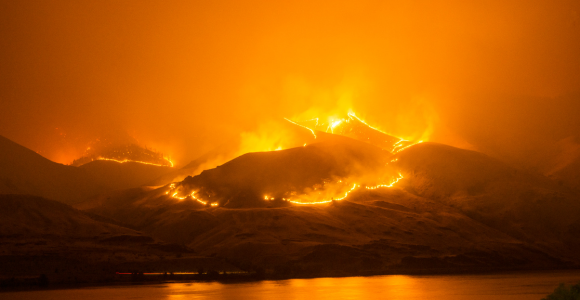
Our reading this week is from the gospel of Luke:
As the time approached for him to be taken up to heaven, Jesus resolutely set out for Jerusalem. And he sent messengers on ahead, who went into a Samaritan village to get things ready for him; but the people there did not welcome him, because he was heading for Jerusalem. When the disciples James and John saw this, they asked, “Lord, do you want us to call fire down from heaven to destroy them?” But Jesus turned and rebuked them. Then he and his disciples went to another village.
Welcome Readers! Please subscribe to Social Jesus Here.
Part 1 of Caring for Those Outside the Tribe
As they were walking along the road, a man said to him, “I will follow you wherever you go.” Jesus replied, “Foxes have dens and birds have nests, but the Son of Man has no place to lay his head.”
He said to another man, “Follow me.” But he replied, “Lord, first let me go and bury my father.”Jesus said to him, “Let the dead bury their own dead, but you go and proclaim the kingdom of God.”
Still another said, “I will follow you, Lord; but first let me go back and say goodbye to my family.” Jesus replied, “No one who puts a hand to the plow and looks back is fit for service in the kingdom of God.” (Luke 9:51-62)
This passage was formative in helping me question who western Christianity labels as having rejected Jesus. I grew up being taught that if you don’t accept Jesus as your savior, if you reject Jesus and his offer of salvation, God would send you to hell after you died and you would burn forever and ever and ever.
I know today that only some sectors of Christianity have taught what I was taught. There have always been differing beliefs about what happens to those who “reject Jesus” in this life, and that’s a whole discussion in itself. What I’ve learned through the years is that before Christianity became wedded to the Roman empire, eternal burning after death was a minority belief. Most Christians before Constantine were actually universalists, and our reading this week was a part of the myriad of scriptures that informed their belief.
Notice that in in the beginning of this week’s lectionary reading, an entire village rejects Jesus because of his association with Jerusalem and the hatred that existed between certain Samaritans and Judeans during that time. James and John respond to those villagers like might today: “Should we call down fire from heaven and destroy them?” Jesus rebukes them. Also notice that James and John only asked whether the village should be annihilated. Eternal torment goes even further than annihilation. And yet the disciples still earned a rebuke and the declaration that they didn’t know what spirit they were actually of.
For those curious, early Christians had three major views about what would happen to a person who rejected Jesus in the next life. We’ll pick up with these three in Part 2.
Are you receiving all of RHM’s free resources each week?
Begin each day being inspired toward love, compassion, justice and action. Free.
Sign up at HERE.














